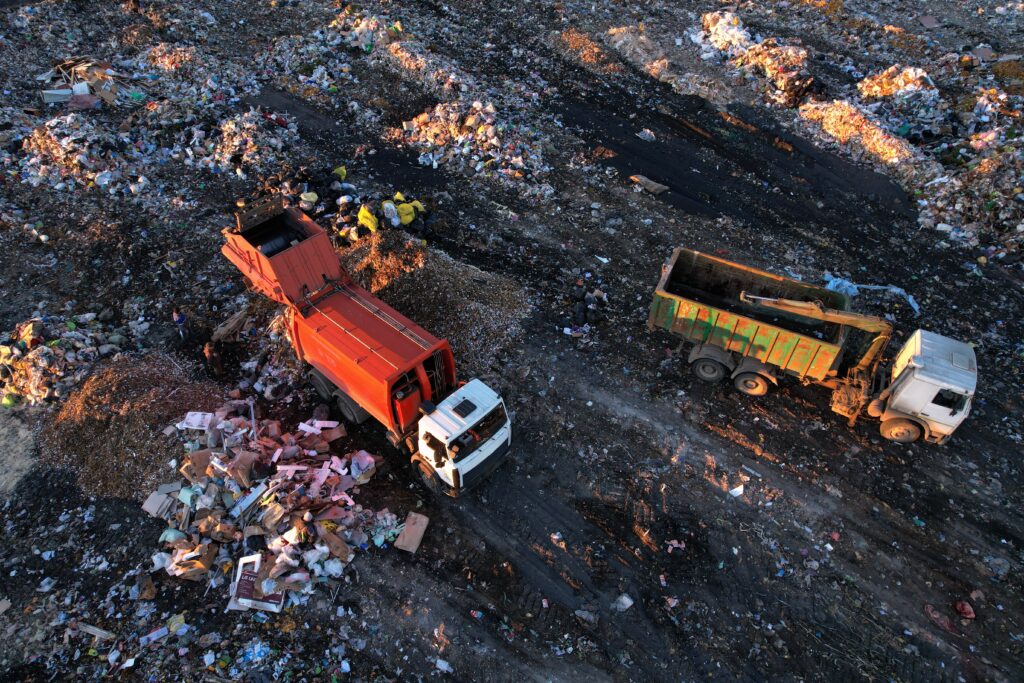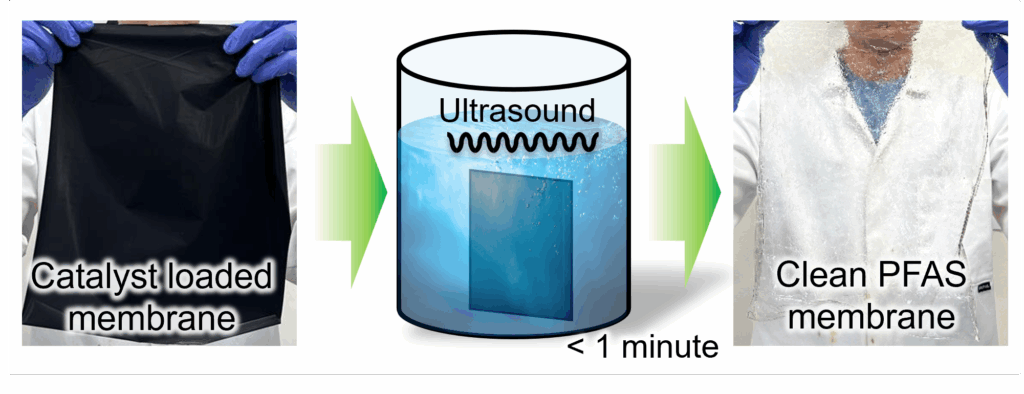Preferred bidder Global Renewables has told letsrecycle.com it now needs only to finalise financial arrangements and complete due diligence before the expected signing of the 25-year contract this autumn.
The contract will use mechanical biological treatment of a variety called “Urban Resource – Reduction, Recovery and Recycling” (UR-3R) to process mixed residual waste into compost and biogas fuel.
“Compared to the Public Private Partnership process in New South Wales, PFI is really quite user friendly.”
Overall, £340 million worth of new facilities being developed will process more than 600,000 tonnes of waste each year.
The contract will service a population of about 1.4 million in the Lancashire county council and Blackpool borough council areas.
Targets
Backed by £75 million in government credits through the Private Finance Initiative, the project is aiming at a 56% recycling rate by 2015. In the long term, it should reduce the landfill rate for biodegradable waste to 20%.
Steve Browne, Lancashire county council’s director for waste and natural resources management said: “This contract fulfils the commitment made by the County Council to do everything possible to deliver its waste strategy without a legacy of landfill or energy from waste incineration.”
So-called “soft services” including market development, waste minimisation and education work could begin as early as October 2006 under the contract. The construction of new the waste treatment infrastructure is likely to get underway in 2008, with full operations expected by 2011.
Sites
The contract will centre around two sites that will each include a variety of waste processing plants. The Lancashire Waste Partnership also has ambitions for a third site to be developed from 2014/15, but this third site is not currently part of the agreed PFI contract.
David Singh, the development director at Global Renewables, an Australian-led consortium of companies, said a planning application for the first of two main waste processing sites was likely to be submitted as early as next week.
“A planning application for the first site, at Leyland, will be submitted within seven days. It will include a 170,000 tonne UR-3R plant, a 55,000 tonne enclosed composting facility that will take green waste and kitchen waste, a 55,000 tonne MRF and a community education centre,” Mr Singh explained.
The second site at Thornton will have a similar-sized MBT plant and enclosed composting facility, but will include a waste transfer station rather than a second materials recycling facility (MRF).
Technology
Mr Singh explained that Global Renewables’ UR-3R technology has already been used in a Public Private Partnership contract in New South Wales, Australia, for two years.
The UR-3R process removes recyclable materials from mixed waste through conventional separation processes before the concentrated organic fraction is washed. This washing process both reduces odours and reduces the mass of the material, Mr Singh said. Water and dissolved organic materials from the washing process are then put through an anaerobic digester to generate biofuel gas for energy production. The remaining solid material is put through an intensive six-week composting process that is compliant with animal by-product treatment regulations.
Mr Singh said: “We don’t have a market for it yet, but we have ambitions to use it in remediation or restoration projects. But even if we don’t have a market for it and that material has to go to landfill, because of the way the process works it has significantly reduced the biodegradable content of the waste, so from the LATS point of view it extinguishes the local authority risk.”
He added that the company’s first MBT plant outside Sydney is now selling compost generated from mixed waste for 10 per tonne. “We can’t produce enough of it,” he said.
Consortium
The Global Renewables consortium, which also includes Bovis Lend Lease, Eric Wright Group, ISKA GmbH, Sorain Cecchini Techno SRL, and Churngold North West Limited, could now bid for other local authority PFI contracts.
| Related links: |
| Lancashire: waste strategy |
Although the consortium withdrew its bid for the Wakefield PFI contract after being shortlisted – in order to focus on the Lancashire contract – Mr Singh revealed that with Lancashire sufficiently progressed, Global Renewables would “most definitely” be considering other opportunities in the UK.
“Compared to the Public Private Partnership process in New South Wales, PFI is really quite user friendly,” Mr Singh said. “With standardised contracts, the necessary mechanisms exist, and it’s a good basis with which to work.”







Subscribe for free